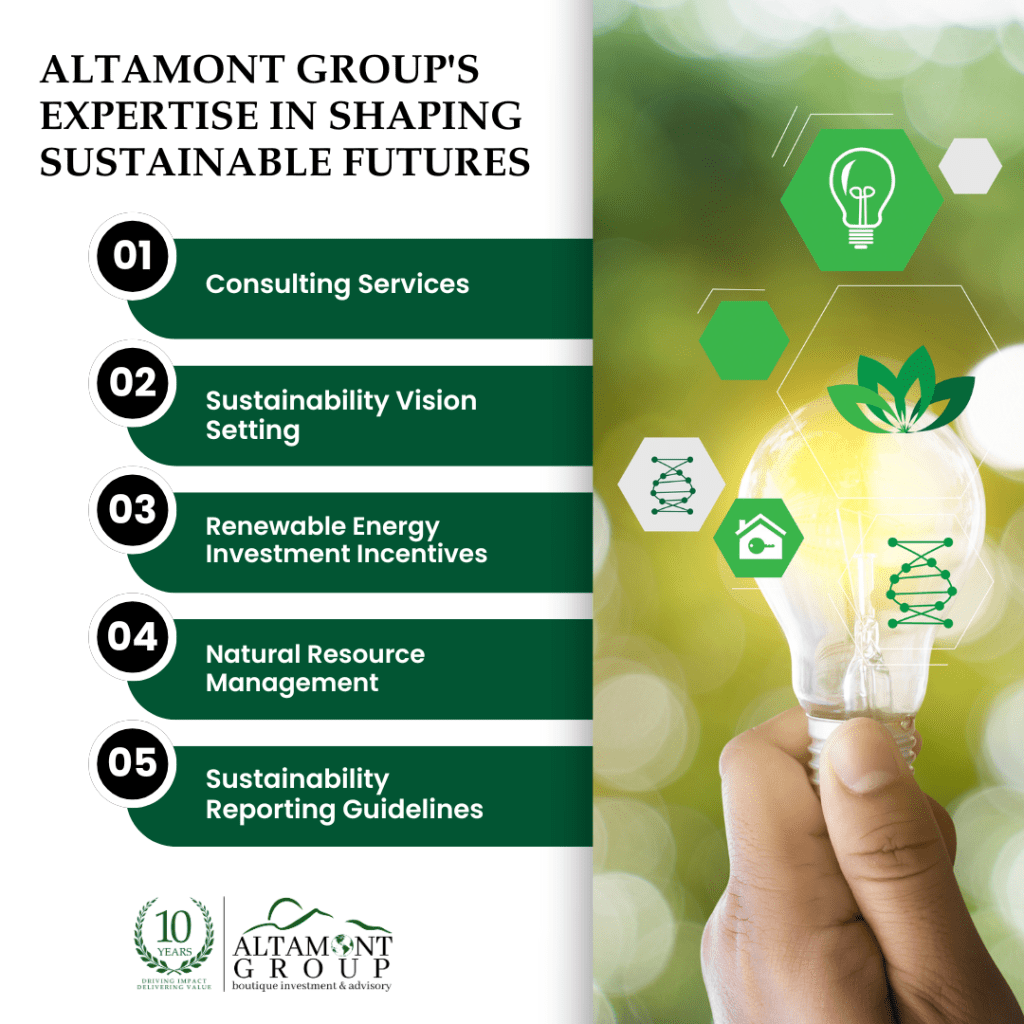Introduction
Sustainability has become an imperative in recent years as the threats of climate change, environmental degradation, and resource depletion loom large. Policymakers across the world are grappling with the challenge of shaping strategic policies that allow for continued economic growth and development while ensuring environmental sustainability. This blog explores policy development for sustainability and how it can drive industry growth and environmental stewardship.
The Importance of Sustainability Policies
Well-crafted sustainability policies are crucial to address the complex, interdependent challenges we face today. They provide the vision, incentives and guardrails for governments, businesses and society at large to transition towards sustainable development. Policies like carbon pricing mechanisms, clean energy mandates, green public procurement frameworks and ecological restoration targets can channel economic activity, business investments and individual behaviors towards supporting sustainability objectives.
For policies to be truly effective, active collaboration with businesses and corporations is essential. Today’s global economic system is largely driven by businesses and their investment decisions. Smart policy design can channelize business activity towards sustainability by correcting market failures. Policy tools like tax rebates for renewable energy investments, mandatory sustainability reporting, and eco-labeling schemes incentivize businesses to align operations with environmental goals. Proactive businesses also see sustainability policy compliance as a source of competitive advantage rather than just a cost burden.
Sustainability policymaking does not end with governments and big corporations alone. Enabling action at individual and community levels is equally important. Well-crafted policies empower people to make lifestyle changes, spur grassroots innovation, and build social movements demanding faster action on sustainability. Skill development programs and access to finance can allow people to adopt alternative livelihoods and locally controlled green solutions. Platforms for civic participation in policymaking lead to greater buy-in towards sustainability goals.
Strategic Sustainability Policy Applications
Governments have a crucial role to play in putting sustainability at the core of policymaking. Governments need to set ambitious sustainability goals, incentivize businesses and consumers to adopt environment-friendly solutions, and penalize polluting activities. Some examples of impactful government policies include carbon pricing mechanisms, clean energy mandates, sustainable public procurement policies, and nature restoration targets. The European Union’s Green Deal and China’s national emissions trading scheme demonstrate that governments are prioritizing sustainability through policy action.
Apart from governments, multilateral organizations also contribute to the policy discourse on sustainability. Organizations like the United Nations have been instrumental in framing landmark international agreements like the Paris Agreement and the Convention on Biological Diversity. They help set global agenda and benchmarks for sustainability policy. Their research and advocacy shape national policy conversations across the world.
Shaping Sustainability Policies with Altamont Group
Altamont Group has extensive experience helping organizations develop strategic and impactful sustainability policies. Our consultants have advised government agencies, multilateral organizations, foundations, and corporations on designing policies and frameworks to advance sustainability across sectors.
Leveraging our expertise in research, stakeholder engagement, and strategy development, we can support organizations at every stage of the sustainability policymaking process. This includes conducting landscape analyses to understand sustainability policy best practices globally, facilitating consultations with diverse stakeholders to build consensus, and providing recommendations tailored to an organization’s unique strategic priorities and local context.
Our work on sustainability policies spans areas such as:
- National and sector-wide sustainability vision setting
- Incentive mechanisms for businesses to invest in renewables and clean technology
- Natural resource management targets and nature restoration commitments
- Sustainable public procurement frameworks
- Guidelines for sustainability reporting and disclosures
We have advised clients on developing policies aligned with global frameworks like the UN Sustainable Development Goals and the Paris Agreement. Our utilization-focused approach also emphasizes building monitoring systems and local capacities to effectively execute policies after design.
Whether you are a government entity seeking to advance a national sustainability agenda or a corporation aiming to integrate sustainability into business operations, Altamont Group has the expertise to guide your policymaking process. Reach out to schedule an initial consultation with our sustainability strategy experts. Together, we can craft policies to drive sustainability progress for your organization and stakeholders.
Conclusion
Strategic policy-shaping for sustainability calls for farsighted thinking, cooperation between diverse stakeholders, harnessing innovation, and participative decision-making. Policymakers need to rise above narrow political interests to build consensus on sustainability, often described as “the ultimate public good”. The policy choices we make today will determine whether we can transition to an equitable and ecologically thriving future.

